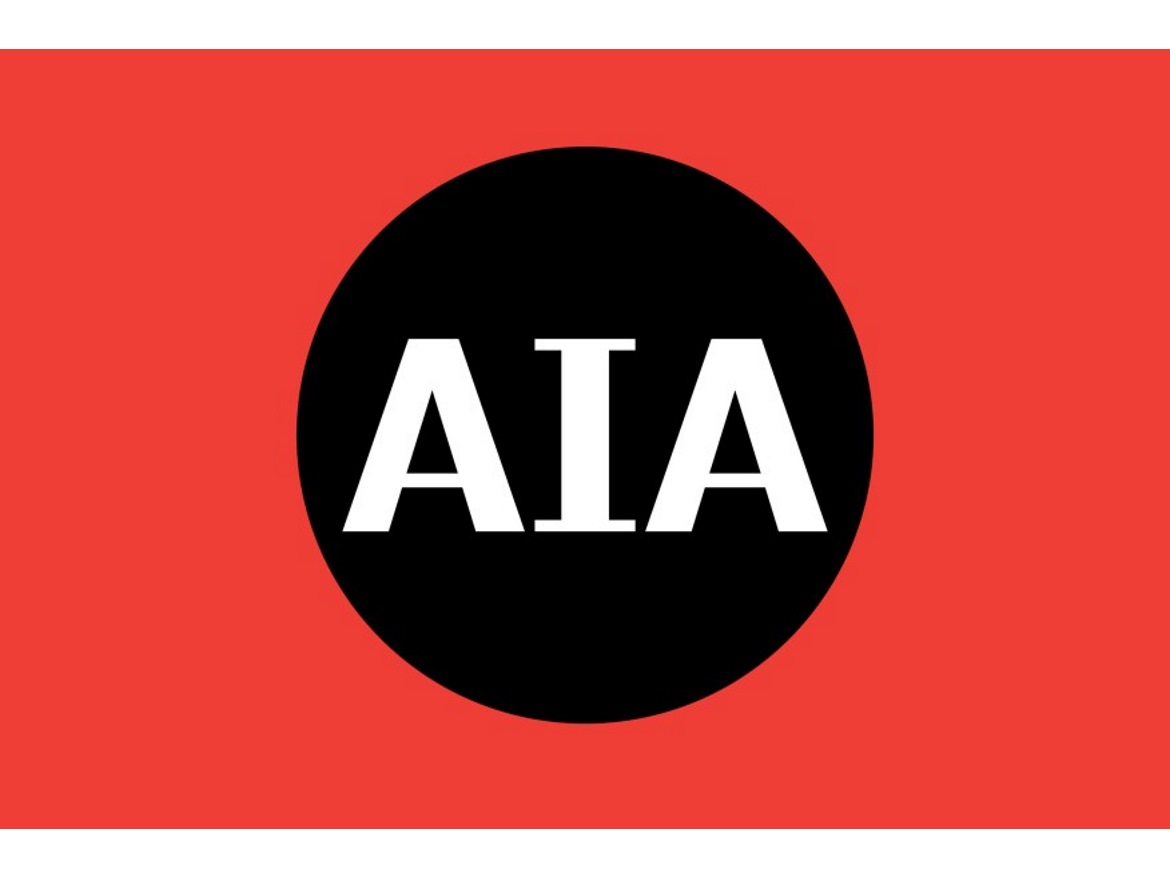The American Institute of Architects (AIA) and nearly 240 of its architect members are lobbying lawmakers today and tomorrow to advance two pieces of legislation. AIA members specifically requested meetings with members of Congress with jurisdiction over two key issues: the Democracy In Design Act (H.R. 5291) and Yes In My Backyard (YIMBY) Act (H.R. 3198/S. 1614).
“It is critical the federal government does not impose architectural design styles,” said AIA 2022 President Dan Hart, FAIA. “We also recognize communities across the country need increased access to affordable housing. When the profession shares its deep knowledge and expertise of the built environment with policymakers, we can have a critical impact in shaping laws that will benefit everyone.”
AIA and its members today are continuing to support the Democracy in Design Act to prevent future administrations and the federal government from mandating preferred design styles for federal buildings. The legislation would ensure that communities across the country maintain a voice in the design of federal buildings that is consistent with local preferences, topographies, and design traditions.
Additionally, the legislation would safeguard the Design Excellence Program, which guides the General Services Administration’s (GSA) process to acquire, design, and construct public buildings. By directing the GSA to undergo enhanced formal rulemaking processes—to include public comment—for any proposed changes to the Design Excellence Program, it will improve the program’s transparency while still allowing it to evolve as needed.
Architects are also meeting with lawmakers to support the YIMBY Act, which addresses systemic inequities that continue to afflict America's housing and zoning policies. If passed, the YIMBY Act would require more transparency from communities that receive federal funding through the Community Development Block Grant. Ultimately, the legislation would promote inclusive zoning and increase affordable housing supply.
“Architects have a unique perspective and an influential voice when they engage their elected officials,” said AIA EVP/Chief Executive Officer Lakisha Ann Woods, CAE. “I commend our members who are participating in AIA’s Lobby Day. When we work together and operate as one collective voice, we can make substantial and valuable change in our communities.”
Architects participating in AIA’s Lobby Day engaged with lawmakers and staff on targeted key Congressional Committees that have jurisdiction over both pieces of legislation, including the U.S. House Committee on Transportation and Infrastructure, the U.S. House Committee on Financial Services, the U.S. Senate Committee on Environment and Public Works, and the U.S. Senate Committee on Banking, Housing, and Urban Affairs.
Visit AIA’s website to learn more about itsadvocacy efforts.








